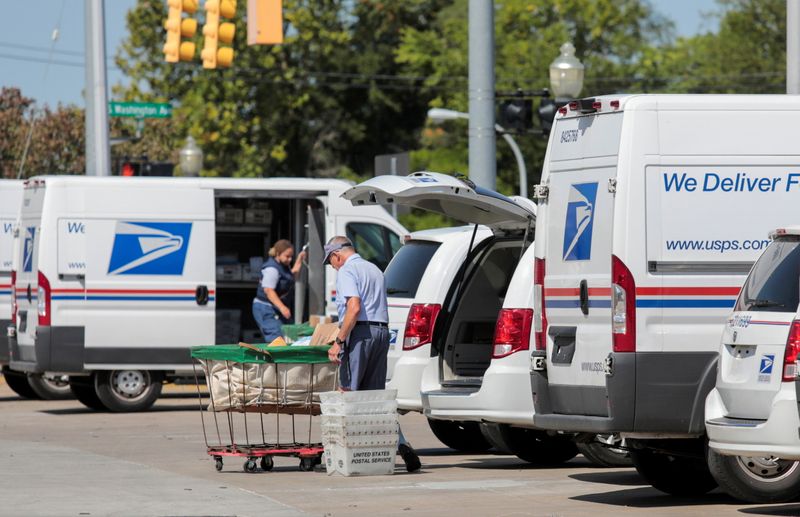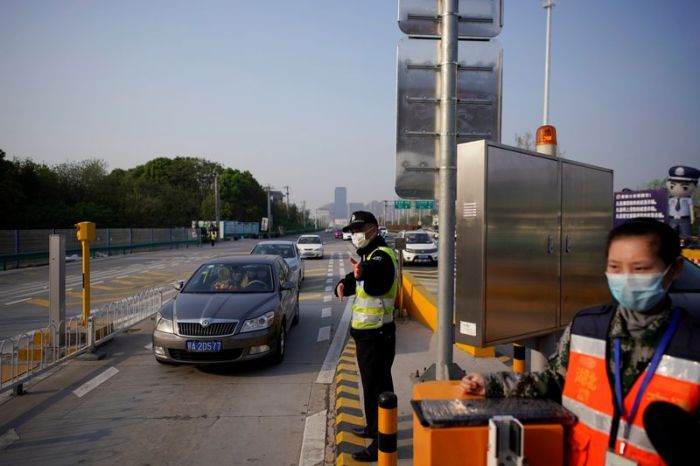WASHINGTON (Reuters) -Oshkosh Defense said Tuesday it will build next-generation U.S. Postal Service (USPS) delivery vehicles in Spartanburg, South Carolina, and expects to hire over 1,000 employees to do so.
The USPS awarded a multibillion-dollar, 10-year contract to Oshkosh Defense, a subsidiary of Oshkosh Corp, in February. The contract could be worth more than $6 billion in total.
It allows for the delivery over 10 years of between 50,000 and 165,000 vehicles, with a mix of internal combustion-powered and battery-electric models.
The company is making a $155 million investment in South Carolina.
Ford Motor Co said it will provide engines, transmissions and other parts for the new delivery vehicles. The second largest U.S. automaker will provide parts for both the electric battery and internal combustion engine versions, including suspensions and other components, Ford said, declining to release financial terms.
Last week, electric vehicle company Workhorse Group filed a legal challenge to the decision after the USPS rejected its bid.
Workhorse had proposed building an all-electric vehicle fleet for the USPS, and has the support of many U.S. lawmakers.
Oshkosh Defense plans to repurpose a warehouse to fulfill the contract, and production is expected to begin in mid-2023.
USPS said last week “preproduction design, tooling and facility preparation are proceeding on schedule, with the first (next-generation delivery vehicles) estimated to appear on carrier routes in 2023.”
Postmaster General Louis DeJoy has committed to at least 10% of the fleet being electric, but he said in a letter in March to lawmakers that with government assistance the USPS could commit to making a majority of the fleet electric within 10 years.
He added that the USPS needs about $8 billion to electrify the new fleet to the “maximum extent” feasible.
President Joe Biden and some lawmakers in Congress have called for government funding to speed the USPS’s transition to more electric vehicles.
New USPS vehicles will include air conditioning and heating, improved ergonomics, and advanced vehicle safety technology including air bags and 360-degree cameras.
Most current delivery vehicles are at least 25 years old and do not have air conditioning or modern safety features.
A 2020 report said the USPS spent $706.2 million in maintenance costs for 141,057 delivery vehicles.
(Reporting by David Shepardson; Editing by Chizu Nomiyama, Jan Harvey and Jonathan Oatis)
























